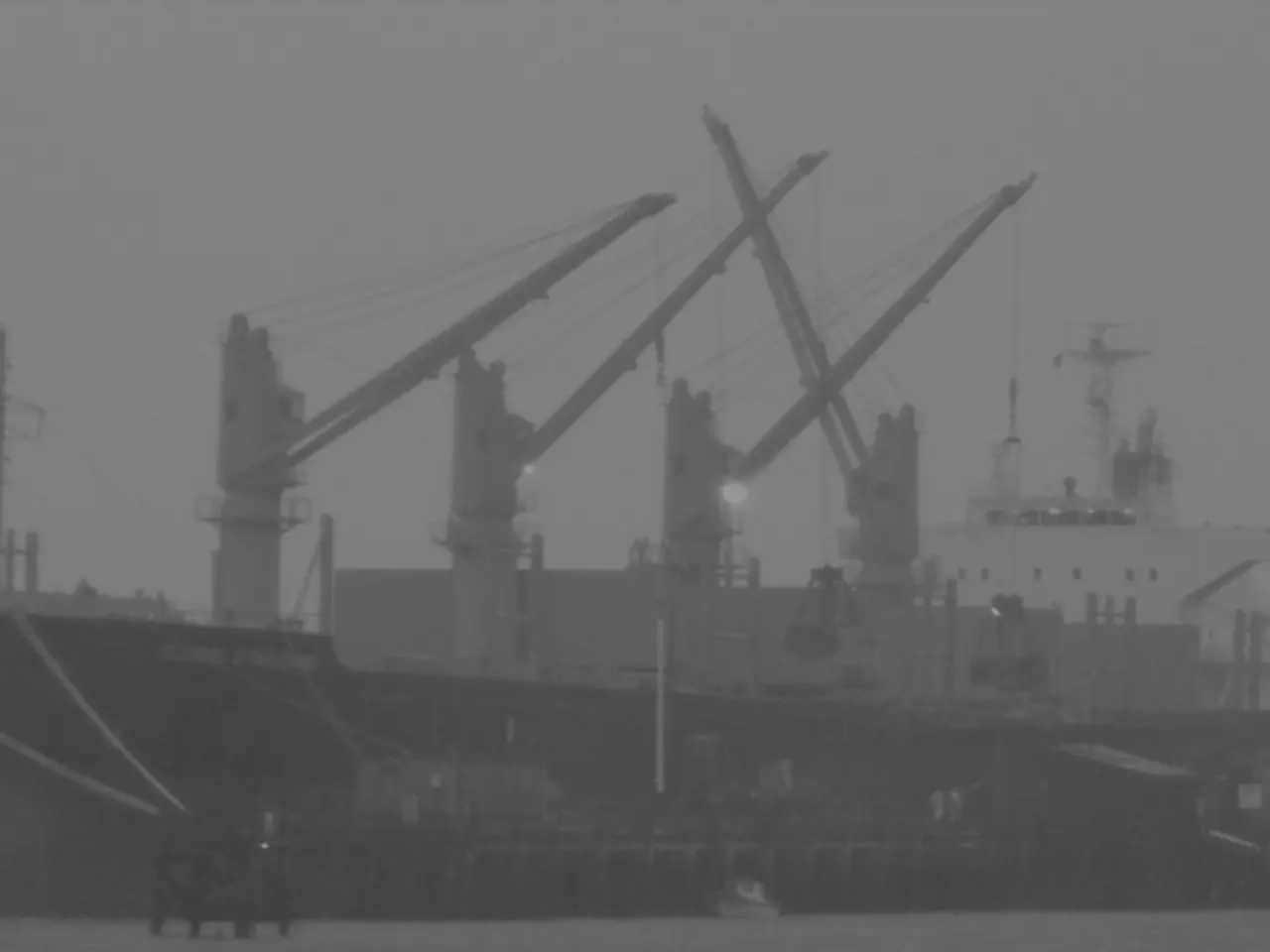Exploring the World of Global Maritime Agreements and Their Resulting Effects
International shipping treaties play a crucial role in facilitating safe, secure, and efficient shipping operations around the world. These agreements, which are legally binding between nations, regulate maritime trade practices and provide a legal framework for carriers and cargo owners.
One of the key benefits of these treaties is the enhanced protection they offer to cargo owners during the transport of goods. Treaties such as the Hague-Visby Rules, the Hamburg Rules, and the Rotterdam Rules outline liabilities, insurance, and operational protocols during international transit.
The World Trade Organization's Trade Facilitation Agreement also encourages member nations to adopt best practices in customs processes, further streamlining trade operations. These treaties collectively address issues such as liability, safety standards, and environmental protection, ensuring that global trade remains sustainable and responsible.
However, compliance issues can arise when nations or entities fail to uphold their obligations under these treaties. Factors contributing to these issues include inconsistent national laws, insufficient training and resources for enforcement agencies, and a lack of political will to prioritize adherence to treaties.
Despite these challenges, effective trade facilitation through international shipping treaties supports economic growth and encourages greater trade volumes. The treaties impact the efficiency of global trade by reducing barriers and simplifying regulatory frameworks, promoting smoother customs procedures and quicker transit times for goods.
The United Nations, through the International Maritime Organization (IMO), plays a pivotal role in the formulation and implementation of these treaties. The IMO works to ensure consistent application of treaties, promoting adherence to standards and fostering improvements in shipping practices across different regions.
Regional variations in shipping treaties can significantly influence maritime practices and laws across different jurisdictions. Understanding international shipping treaties is essential for stakeholders within the shipping industry, as their provisions profoundly impact trade facilitation and shape the legal landscape for carriers and cargo owners.
Looking to the future, emerging digital tools, such as blockchain and electronic documentation, may lead to revised treaties that incorporate digital solutions, streamlining transactions and reducing fraud risks. Future agreements might also establish stricter emissions standards and encourage the use of alternative fuels to address environmental concerns in shipping.
It is important to note that not all countries have ratified the Rotterdam Rules, and the enforcement of international shipping treaties faces significant challenges due to inconsistent interpretations, limited resources, and the existence of non-state actors. The UN continues to facilitate cooperation among member states to address these challenges and promote adherence to international shipping treaties.
In conclusion, international shipping treaties are essential for the smooth operation of global trade. By providing a legal framework, addressing key issues, and promoting best practices, these treaties contribute to economic growth, environmental sustainability, and the efficient movement of goods around the world.








